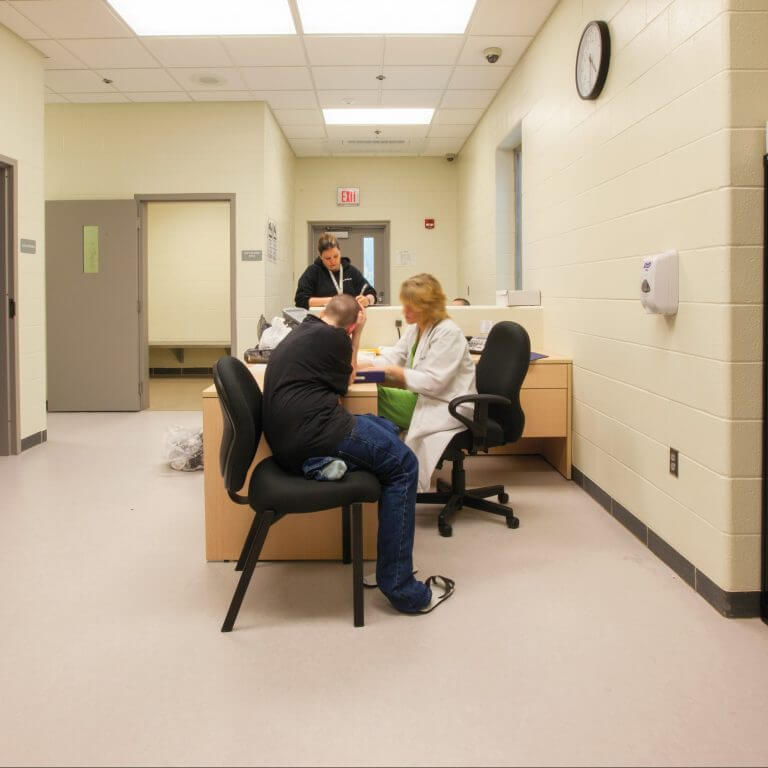The Challenge
Despite research demonstrating the importance of treating young people in developmentally appropriate ways, in most jurisdictions, youth on probation must comply with boilerplate conditions that do not take into account their age, developmental capacity, or individual risks and needs. Nearly half of Philadelphia youth on probation do not successfully complete their probation terms, a proportion consistent with national statistics. Failure to comply with these terms often results in revocation of probation and placement in a residential juvenile justice facility.
The Project
Through her Stoneleigh Fellowship, Naomi Goldstein collaborated with the Philadelphia Juvenile Probation Department and community stakeholders to implement a graduated response approach to juvenile probation case management. This approach involves using a developmentally appropriate, incremental range of responses—including short-term positive reinforcement, incentives, constructive feedback, and sanctions—to encourage youth to comply with the terms of their probation. When implemented effectively, this approach can foster short- and long-term self-sufficiency, safety, permanency, and overall well-being.
This Stoneleigh Fellowship enabled Naomi to:
- Develop a graduated response framework for juvenile probation case management in Philadelphia. Naomi developed an empirically based intake tool for providers serving youth within and diverted from the juvenile justice system as well as guiding principles and protocols to assist with implementation of the graduated response system.
- Field-test and pilot the graduated response framework. Naomi piloted the graduated response trainings for juvenile probation officers, supervisors, and administrators in collaboration with the state Graduated Response Workgroup of the Pennsylvania Council of Chief Juvenile Probation Officers. She also provided technical assistance to Pennsylvania counties seeking to develop and implement graduated response systems under the state’s Juvenile Detention Alternatives Initiative.
- Evaluate the graduated response framework at the local and state levels. At the local level, Naomi provided feedback to probation supervisors and administrators to further improve practices, evaluate youth outcomes, and share findings with practitioners, policymakers, and researchers. She also assisted the state in establishing evaluation protocols to examine outcomes of the graduated response framework.



